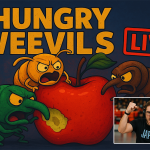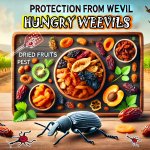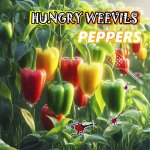Peanuts: Nutritious Nut and Protection from Weevil Pests
15 Nov 2024
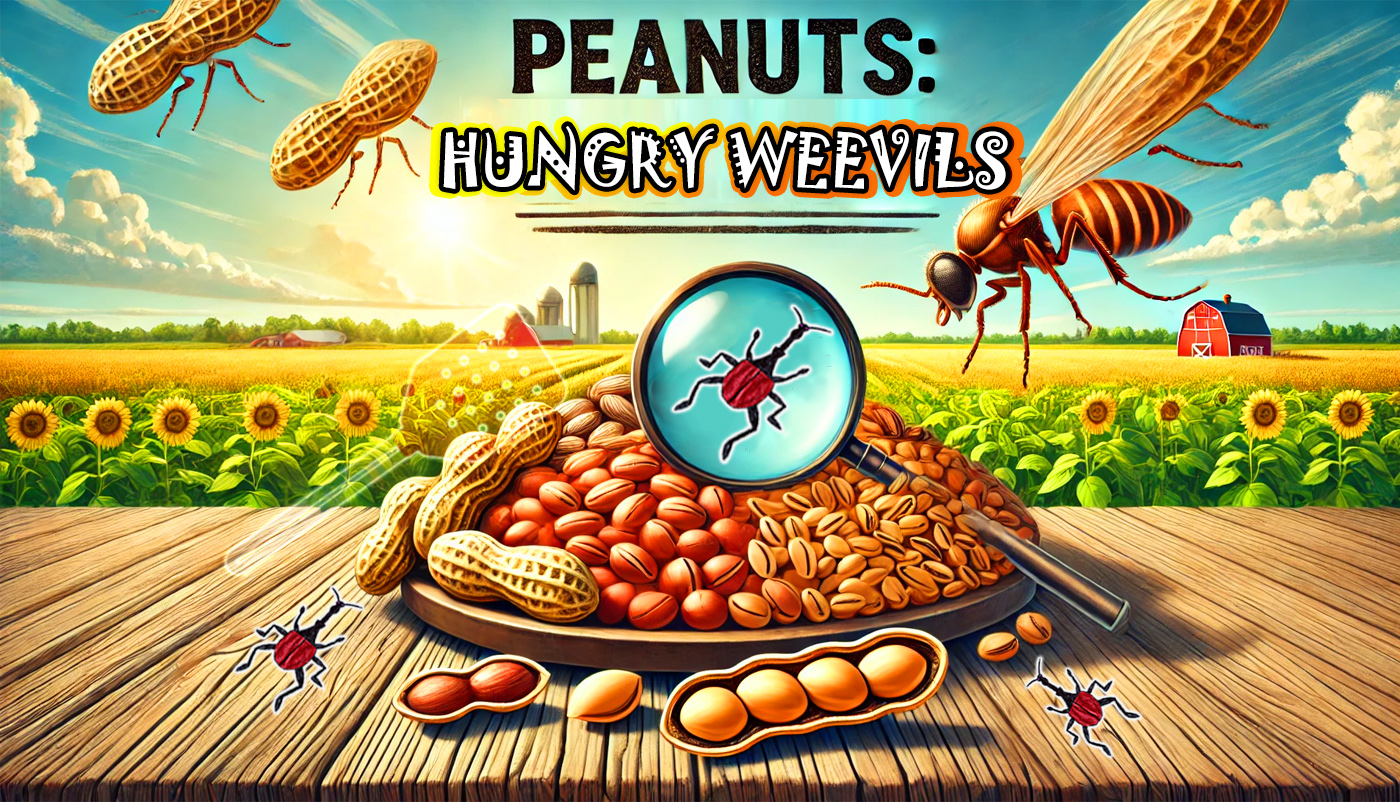
Peanuts: Nuts That Grow Underground
Peanuts, or groundnuts, are legumes whose fruits ripen underground. They are rich in protein, healthy fats, vitamins, and minerals. Peanuts are used to make oil, paste, and are also eaten as is.
Weevils and Peanuts: What Threatens the Nut?
Yes, weevils can damage peanuts. Although peanuts are not their main diet, like cereal grains, these insects can lay eggs in nuts, especially if they are stored improperly. The larvae that hatch from the eggs feed on the contents of the nut, making it unfit for consumption.
Why Do Weevils Choose Peanuts?
Nutrition: Peanuts are rich in protein and fat, making them an attractive food source for insects.
Protective Shell: The shell of the peanut provides some protection for the developing larvae.
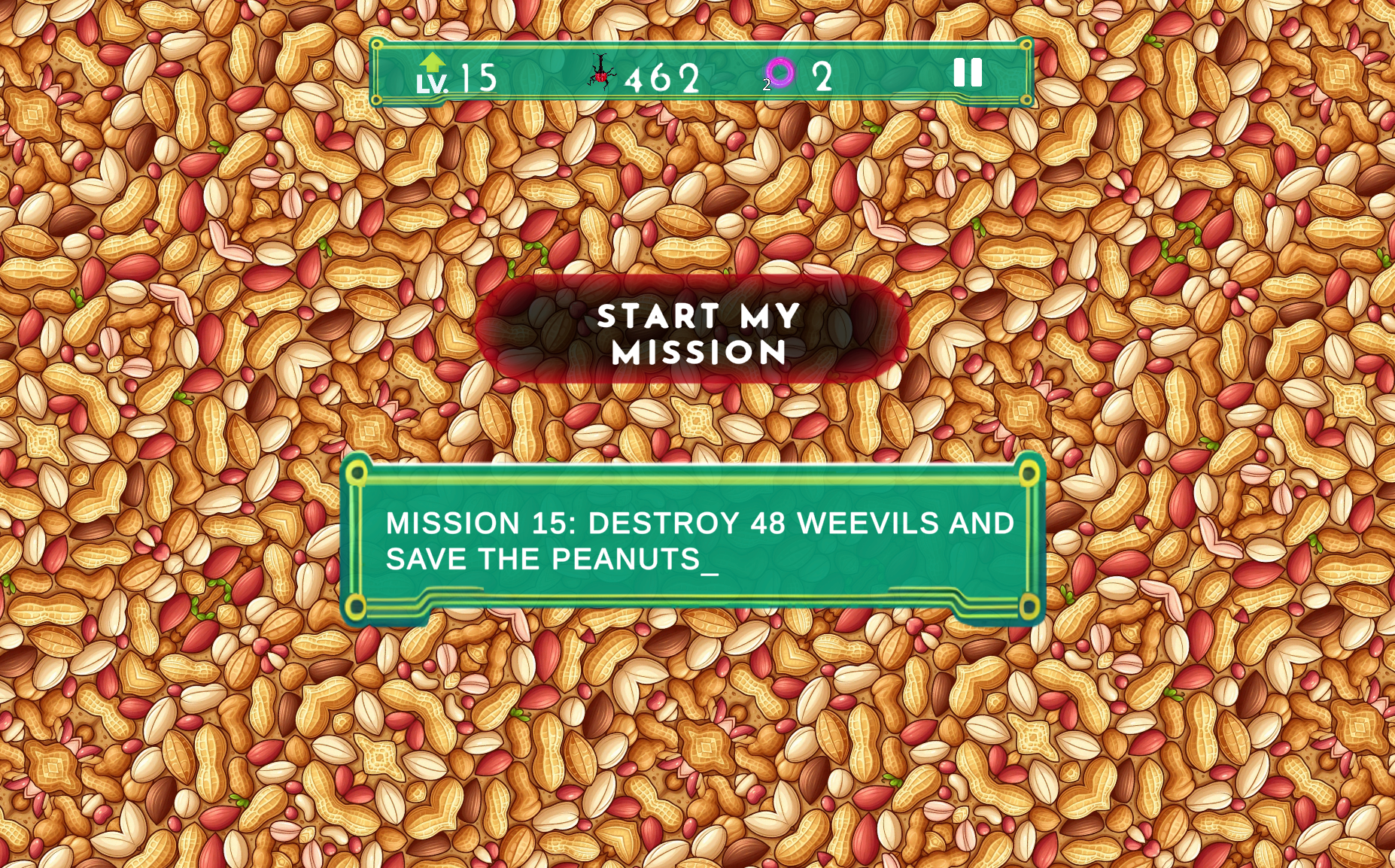
How to Protect Peanuts from Weevils
To keep peanuts fresh and pest-free, follow these steps:
Play the Hungry Weevils game regularly
Storing Properly: Store peanuts in airtight containers in a cool, dry place. Avoid damp and warm areas.
Checking Regularly: Check peanuts periodically for beetles and larvae.
Cooking: It is recommended to roast or roast peanuts before eating.
Freezing: For long-term storage, peanuts can be frozen.
Buying Small Portions: Try to buy peanuts in small portions so that they can be consumed before they spoil.
How to Recognize Weevil Infestation in Peanuts
Hole Holes in Peanuts: Small holes in the peanut shell are a sign of infestation.
Beetles and grubs: Infested peanuts contain beetles and their grubs.
Flour inside the nut: Infested peanuts turn into flour inside the shell.
Conclusion
Peanuts are a healthy and tasty product that can be part of a healthy diet. By following proper storage rules, you can protect peanuts from weevils and enjoy their taste.
Related games
Related news
Hungry Weevils: Live Stream of the Game That Captured Player...
Players are excited about Hungry Weevils – details from the latest stream
Read moreDried Fruits: A Sweet Danger for Weevils
Dried Fruits: A Concentrate of HealthDried fruits are a concentrated source of vitamins, minerals, fiber, and, of cours...
Read morePepper: a fiery vegetable and its protection from weevil pes...
Peppers: a variety of tastes and colorsPeppers are one of the most colorful and aromatic vegetables, used in many cuisin...
Read more